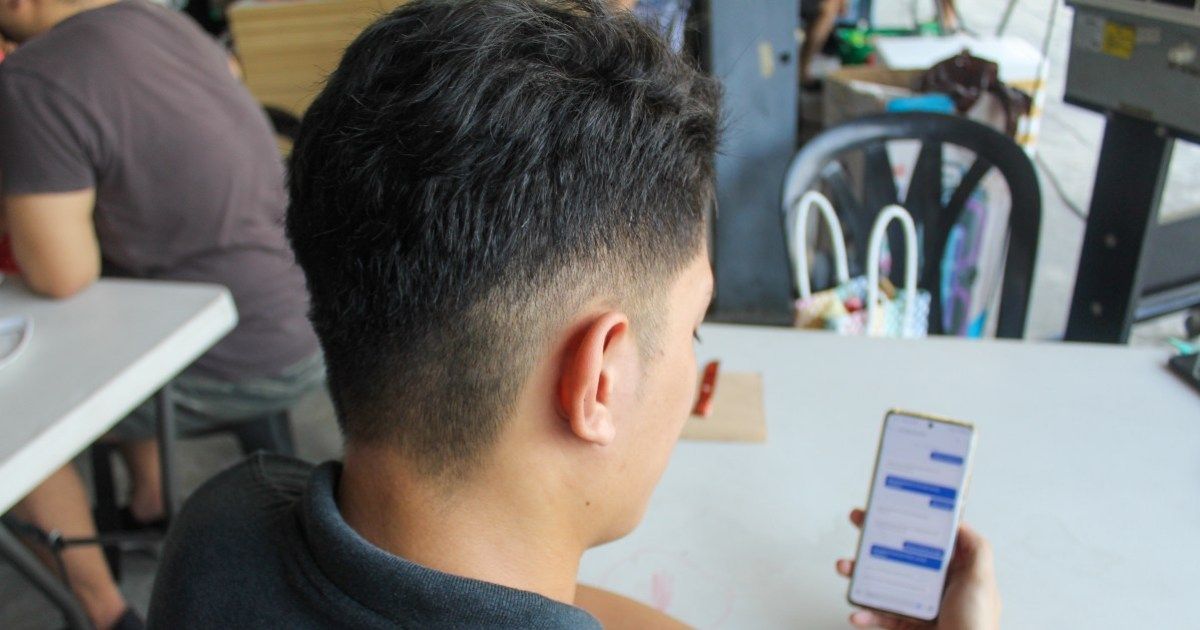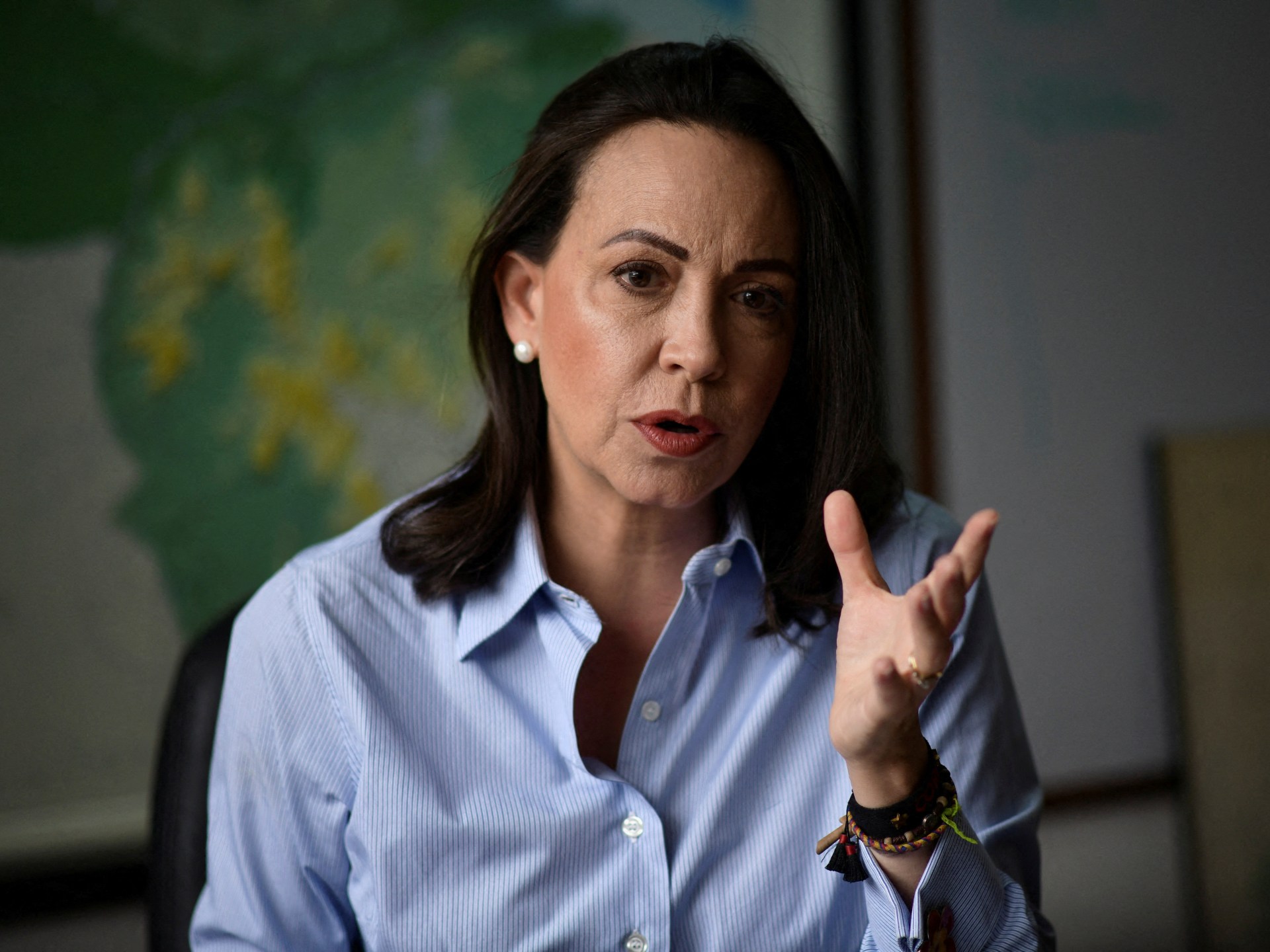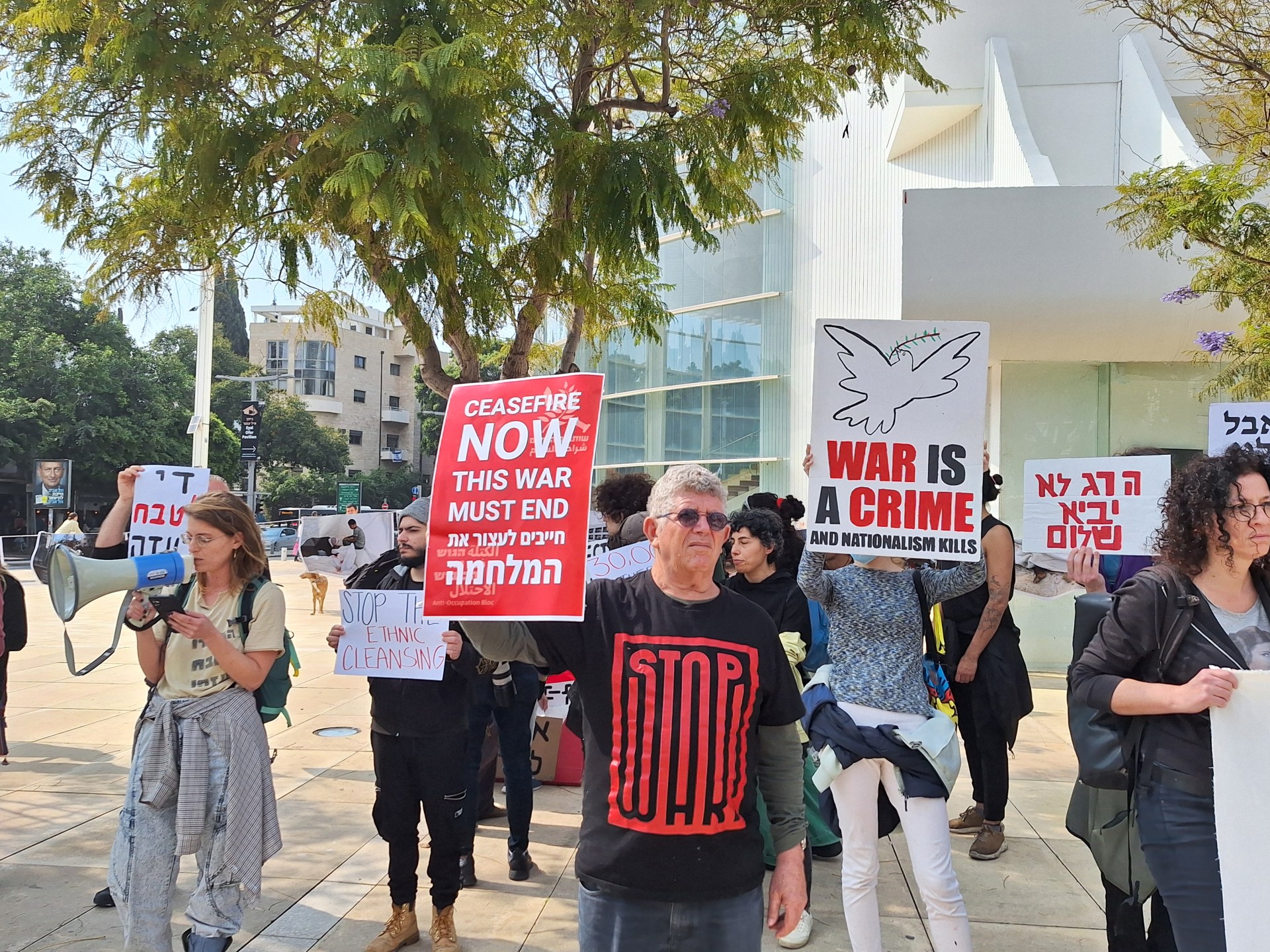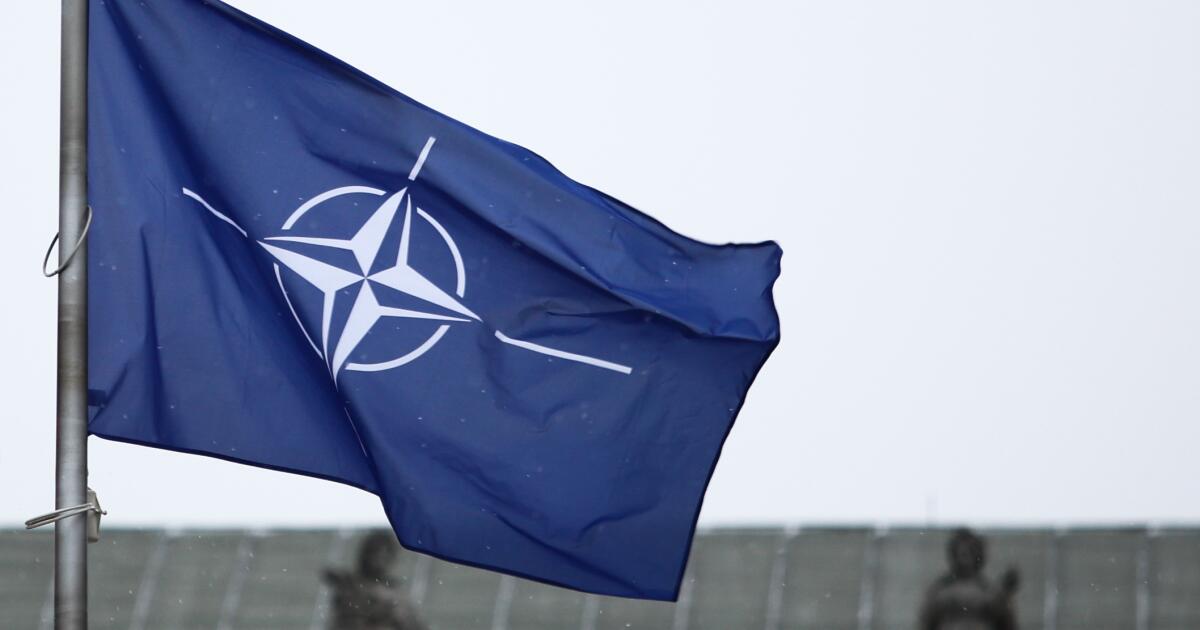Manila, Philippines – From early morning until late at night, Lance receives hundreds of threatening text messages and dozens of missed calls every day.
When you answer the phone, the person on the other end of the line usually hangs up immediately.
Other times, a threatening voice tells you that your days are numbered if you do not pay the debts you have accumulated using online lending platforms.
“They're playing me,” Lance, who asked to use a pseudonym, told Al Jazeera.
His family's breadwinner, Lance, 31, lost his sales job twice during COVID-19 lockdowns in Manila.
Unable to provide a good enough credit score for a bank loan, he turned to lending apps.
“It all starts with one. Then, at some point, you run into a small emergency. You don’t pay them on time, which leads you to another application,” he said.
Since 2021, Lance has accumulated close to one million pesos in debt across more than 20 different lending platforms.
Now with a better credit rating, he has resorted to taking out bank loans to cover the mounting fines.
On social media, hundreds of thousands of anonymous accounts populate support groups for loan app users who, like Lance, feel they have been taken advantage of.
They say many apps are designed to trick users into taking on ever-increasing debts, and that they receive constant verbal abuse and threats when they inevitably fail to pay.
Many of those who have been burned accuse authorities of not doing enough to keep predatory lenders in check.
Lending apps became very popular during the pandemic and accumulated millions of downloads.
In 2023 alone, the number of new or unique users of such platforms increased by 64 percent to 47.5 million, according to digital lending firm Digido.
The Philippine Securities and Exchange Commission (SEC) has issued licenses to 140 digital lending companies, many of which offer services through apps.
So far, fewer than 40 platforms have had their licenses revoked for unfair debt collection practices.
Robert Dan Roces, chief economist at Security Bank Philippines, said platforms have been a “disruptor” in the world of finance.
With minimal requirements, “they offer unbanked or underbanked people faster and easier access to credit,” Roces told Al Jazeera.
While the convenience offered by apps can be tempting for people in difficult circumstances, “it often comes at a high price and with predatory practices,” he added.
Kikay Bautista, founder of the United OLA (Online Lending Apps) Victims Movement, said exploitative online lending platforms are a growing problem in the Philippines.
“It is getting worse and many are still being cheated,” Bautista, who founded her support group after being forced to sell her furniture to pay off debts accumulated through online lending platforms, told Al Jazeera.
Bobbie, a 22-year-old college student from Manila, said he turned to loan app MocaMoca after being “bombarded” with ads promising ultra-fast processing, low interest rates and a 90-day repayment term.
“Easy money. Who wouldn’t be interested?” Bobbie, who asked to use a pseudonym, told Al Jazeera.
Bobbie said she borrowed 2,500 Philippine pesos ($42) but the app only transferred 1,500 ($25) to her, with the difference taken up by processing fees.
He said he was suddenly told he had seven days to return 2,300 pesos ($39) and 90 days to pay the remaining 200 pesos ($3).
“They only tell you this when they have loaned you the money. At first I was able to pay, but over time I took on the family expenses and missed a day of pay,” Bobbie said.
Within hours, officers threatened to resort to violence and jail him, he said.
Bobbie said Mocamoca imposed a fine of 400 pesos ($6.90) for late payment the next day.
Bobbie said that in her struggle to keep up with payments, she turned to loans from other apps, including MoreGold, and eventually racked up a debt of 200,000 pesos ($3,421), which she is still trying to pay off.
Although the SEC stripped MocaMoca operator Copperstone Lending of its operating license in April of last year, the platform continues to operate pending an appeal.
When contacted for comment, Mocamoca said he was following the “legal process” without giving further details.
Al Jazeera visited the address listed as Mocamoca’s office and found that it belongs to a Manila hotel. Hotel staff denied having any affiliation with any lending platform and said they often have to explain to disgruntled customers that the hotel has no connection with the app.

A representative for MoreGold, who Bobbie said had also made threatening phone calls, told Al Jazeera that “our company maintains a strict zero-tolerance policy regarding any form of harassment.”
When Al Jazeera visited the address listed as MoreGold's office, building security said there was no such company at that location.
The platform did not respond to requests for comment on its address and location.
Starting in 2022, the SEC has set the monthly interest rates and additional fees that most online platforms can charge their customers at 15 percent.
However, borrowers like Bobbie have discovered that many platforms charge much higher rates in practice.
The SEC told Al Jazeera it is actively investigating fraudulent practices.
The regulator said it had revoked the licenses of three platforms since 2023 and another is currently under investigation.
Lending platforms have also been criticized for their lax approach to data collection and privacy.
Many borrowers have complained of being inundated with spam calls and messages after using their services, often from people whose identity and business affiliation are unclear.
In August 2021, the National Privacy Commission (NPC) ordered the immediate closure of four platforms, which it did not name, that had collected “irrelevant, unnecessary and excessive” social media data and exposed borrowers to “serious privacy risks.”
The privacy regulator said some of the apps were found to have accessed borrowers' email accounts to modify their calendars and send emails without their knowledge.
The NPC has since lifted the ban after determining that the platforms met its standards.
However, it told Al Jazeera it is investigating the “unauthorised processing” of personal information after receiving multiple complaints.
In 2021, the watchdog recommended the prosecution of Fynamics Lending Inc, the operator of the PondoPeso lending app, for alleged violations of data protection law.
Bautista, founder of the United Online Lending Apps Victims Movement, said that mental anguish is the most difficult thing to deal with for many users of the platforms.
He said he knows of at least two members of his group who have taken their own lives.
“Anxiety can take over. Many of us are dealing with similar thoughts. That’s why it’s important that we support each other,” she said.
Ellah, a 44-year-old resident of the city of Los Banos, said she felt “completely alone” after sinking into debt and made plans to take her own life after enduring a year of threatening calls and messages.
“I would probably have committed suicide too if I hadn’t found others like me,” she told Al Jazeera.
In some cases, platforms have acquired user data from apps that have been shut down.
A sales representative for lending app Digido told Al Jazeera that former users of Robocash, which was banned by regulators in 2019, can transfer their account as the company retains data of users of the discontinued app.
The company said a spokesperson was not immediately available to answer questions about its lending practices.
Late last year, Bautista gathered hundreds of complaints and submitted them to the SEC and the Philippine National Police (PNP), singling out MocaMoca, Digido and MoreGold as some of the most egregious platforms.
But Bautista said she was disappointed by the authorities' response.
“It's sad to say that there has been very little action,” he said.

The PNP's Anti-Cybercrime Group (ACG) took note of the lending platforms in June 2023, when a borrower had funeral flowers sent to his home in a gesture interpreted as a veiled threat.
After images of the flowers went viral on social media, police raided the offices of several lending platforms.
Officials later revealed that many of those responsible were Chinese nationals.
The SEC has said it is aware of how many lending companies are foreign-owned, but has not publicly disclosed its records.
Roces said lending platforms should be subject to stricter regulations and transparency, along with “responsible traditional banking practices and financial education.”
Jay Guillermo, head of the PNP-ACG, said authorities can only act on official complaints, which have become less frequent over the past year.
Guillermo confirmed that the last raid was carried out in January 2023.
“It is difficult to determine whether threats are coming from individuals or from a company. It is not like we can stop computers or mobile phones. How can you stop something that has no physical location?” Guillermo told Al Jazeera.
He advised the public to avoid these apps, but admitted that “if you have debt obligations, then you should meet them.”
For Bautista, however, authorities could do more to make the complaints process more “friendly.”
“It’s like going through the eye of a needle. Everything happens online, there’s a lot of paperwork and follow-ups that never get done,” he said.
“Many victims are elderly or have limited access to the Internet. What happens to them?”












